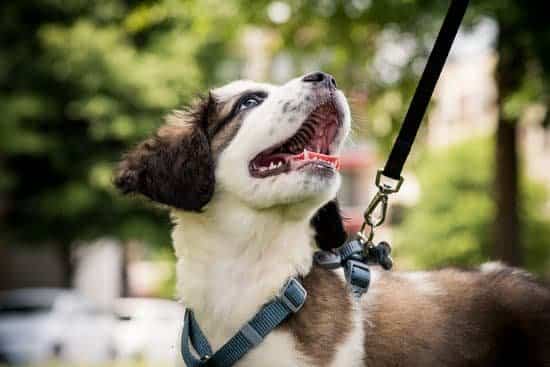Amongst all the news reports about coronavirus (COVID-19), it is a relief to find out our pets cannot be infected with the disease. But pet owners are becoming increasingly concerned about what they should do in a pet emergency if there is a lockdown in Australia. Our emergency vets have shared their best tips to help you be prepared for the worst in these hard times.
Tips on preparing for a pet emergency
- Prepare your pet emergency kit now
– Food and water
– Medications and basic pet first aid kit
– Toileting items, such as litter, rubbish bags, and disinfectant
– Bedding and toys
– Grooming equipment
– Transportation equipment, such as pet carrier, lead and harness
– Pet registrations and vaccination certificates
– Current photo for identification
– Make sure your pet is wearing an ID with up-to-date details
– Details of local vets, animal hospitals, RSPCA, and pet shelters - Do a ‘dry run’
Along with the details of local vets, ensure to do a ‘dry run’ to your closest after-hours emergency hospital so you know the way (as long as you aren’t under quarantine conditions). This will help to relieve your stress in the unlikely event you need to drive to the emergency hospital. - Designate an emergency carer
Have a plan for who will look after your pet if you become ill. Choose a family member or friend (who is known to your pet if possible), and connect with your neighbours. - Write instructions for food and medications
Write down what your pet eats, how much, and any medications, and leave this in a safe place in case someone else needs to look after your pet. - Check opening hours for your vet and emergency hospital
Ask your local vet and emergency hospital if they have changed their normal business practices due to COVID-19 – check their website and social media channels for details and be sure to like their pages to see updates. - Practice safe pet hygiene
Refrain from sharing food, hugging and kissing your pet, and wash your hands before and after every interaction you have with each other. - Most importantly, enjoy time with your pet
While advice is to limit contact with your pets during this time, don’t forget to give them some attention! Playing low-risk, non-contact activities is essential: play tug-o-war, go for a run or walk, binge-watch Netflix together, and don’t forget to talk to them!
For more information on pets and coronavirus, visit our Facts Pet Owners Should Know blog. For the latest information, also visit the World Health Organization’s, the Australian Government Department of Health, and the Centers for Disease and Control Prevention websites.
If you are unsure the information and advice you are reading about online is correct, please talk with your vet.



